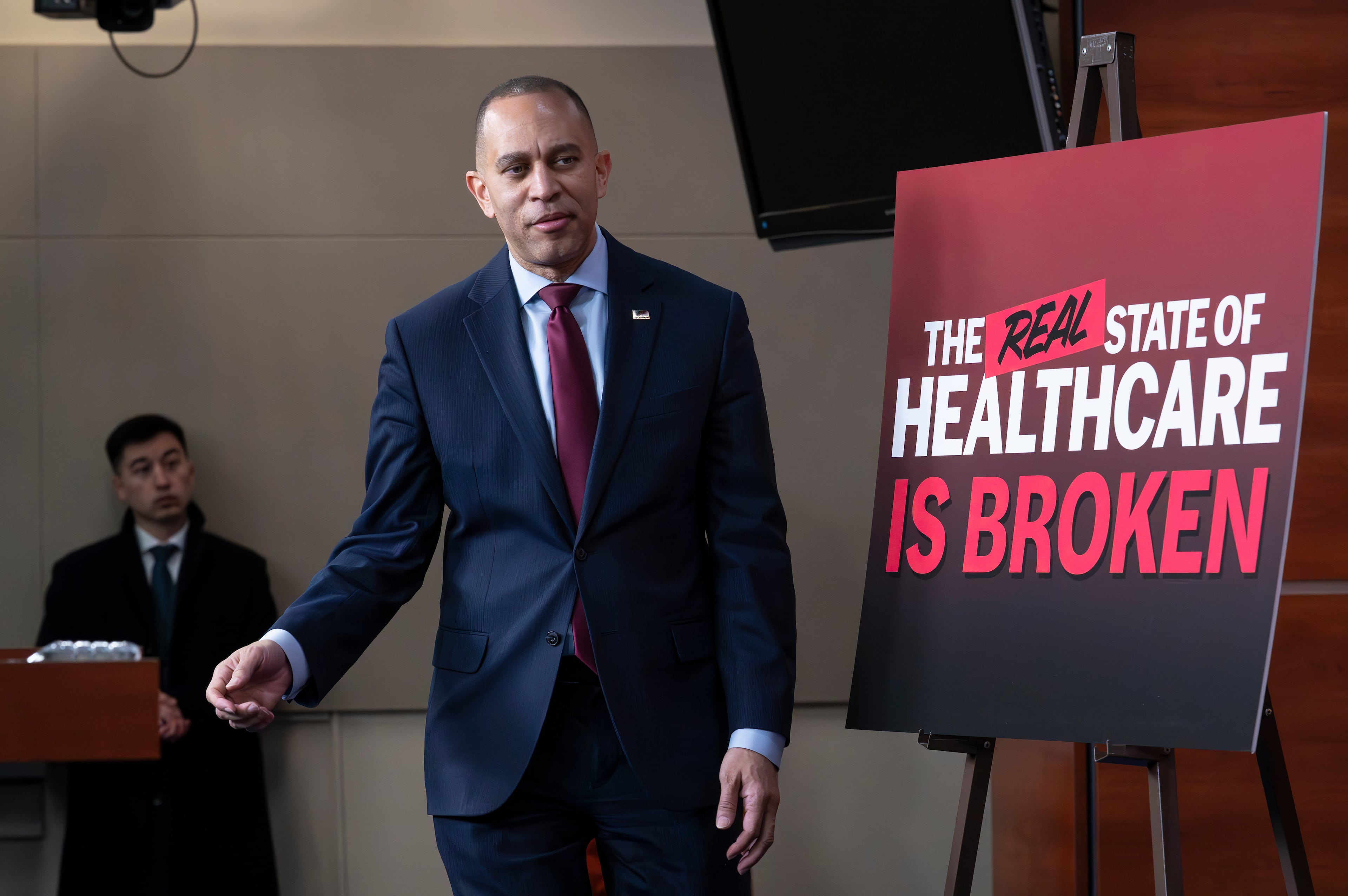Words of wisdom for the GOP platform committee — from one who was there
This week, nearly 2,500 delegates to the Republican National Convention will gather in Milwaukee to formally name Donald Trump, for the third time, as their candidate for president of the United States. But before they do that, delegates will vote on a party platform.
For 170 years, this ever-evolving statement has served as our contract with the American public and the wider world. In every era, through every convention, the platform has been a declaration of our party’s historic values, the ones that have made America great for so long. I urge my fellow Republicans in Milwaukee not to abandon them.

I am a co-founder of Our Republican Legacy, a group of lifelong Republicans who give no thought to leaving their party but who are also deeply concerned about its direction and our country’s future. I say this as a pioneer of the Republican Party in Georgia. My election to the U.S. Senate in 1980 was the first statewide GOP victory in Georgia since Reconstruction. Other members of the ORL include former U.S. Sens. William S. Cohen of Maine, John C. Danforth of Missouri and Alan K. Simpson of Wyoming. We believe in the traditional values instilled in our party by GOP leaders from Abraham Lincoln to Ronald Reagan:
⋅ From our beginning, we have been the party of national unity. We reject politics that divide Americans in an us-against-them manner by appeals to grievance and rage.
⋅ We pledge ourselves to the U.S. Constitution and the peaceful transfer of power. The events of Jan. 6, 2021, were not legitimate public discourse but one of the darkest days in our nation’s history.
⋅ Historically, the GOP has been the party of fiscal responsibility. Our national debt is becoming increasingly unmanageable and poses a real threat to future generations. The previous Republican administration added more to the national debt than in any four years in U.S. history. We need to revive our commitment to sound economic policy.
⋅ We believe free enterprise to be this country’s greatest source of prosperity. High protective tariffs are a market distortion that, in effect, are taxes on all Americans.
⋅ And, lastly, we believe in peace through strength. We are committed to an America with a national defense second to none. We support NATO, and we condemn Russian President Vladimir Putin’s expansionist ambitions in Europe.
I have the experience to expand upon this last point. After I left the U.S. Senate in 1987, President Ronald Reagan appointed me as assistant secretary-general for defense support at NATO, the highest-ranking American position at the alliance’s international headquarters in Belgium. I had 120 people from 12 countries working under me, including four directors: one French, two Brits and a German.
Times were tense. The Soviet Union had 5,000 tanks lined up in the Warsaw Pact countries of Eastern Europe. Nonetheless, I was there in 1989 when the Berlin Wall came to a nonviolent end — and when Helmut Kohl, chancellor of what was then West Germany, came to NATO headquarters and declared that he never expected such a thing to happen in his lifetime.
But the Berlin Wall didn’t fall on its own. It was pushed down in large part by Reagan values — “Mr. Gorbachev, tear down this wall” — and by Reagan policies such as the antimissile Strategic Defense Initiative (dismissed in the press as the president’s “Star Wars” program). Nor was the collapse of the Soviet Union solely a U.S. victory. It was the accomplishment of an alliance that included not just NATO countries but also powerful European leaders like Pope John Paul II.
Last week, NATO leaders gathered in Washington to celebrate its 75th birthday, a testament, by any account, to one of world history’s great international security alliances. Still, the only allusion to NATO in the current draft of the Republican platform is a statement that the next GOP administration will ensure “that our Allies must meet their obligations to invest in our Common Defense.” We hear it said that, in the event of a Russian attack, the next GOP administration would not come to the aid of European countries that haven’t boosted their military spending sufficiently.
Financial support of the member countries is far from a new issue, and it can be addressed firmly and without threatening European security. Forty years ago, I introduced legislation, passed by Congress and signed into law by Reagan, that required NATO to speedily reimburse the United States for nearly $250 million spent on European infrastructure. The measure was handled quietly, and it worked. NATO in fact did reimburse the United States, without any dangerous public signals to European adversaries.
NATO is not a protection racket. It is an alliance that operates by consensus and cooperation. Ranting and raving isn’t just ineffective. It is counterproductive. And those who would demean the alliance, ignorant of its past successes, are not giving honorable service to our country.
History can be a great teacher, but only if we absorb its lessons. From President Dwight D. Eisenhower to Reagan, Republicans have operated on the principle that a strong national defense depends on good friends as well as good weaponry. In fact, we did — in all fairness — see a good bit of that on display at the NATO conference last week. In a world in which the threat of nuclear devastation has been amplified by terrorism and cyber warfare, that truth is more important than ever. Let us embrace it rather than discard it.
Mack Mattingly, a Republican, represented Georgia in the U.S. Senate from 1981 to 1987. He was assistant secretary of Defense Support at NATO from 1987 to 1990 and U.S. ambassador to the Seychelles from 1992 to 1993. He served in the U.S. Air Force from 1951 to 1955.


